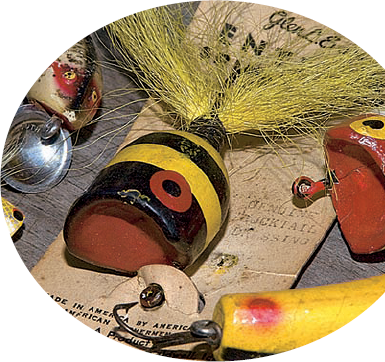Chapter 6. Manipulating Focus and Color
In This Chapter
Controlling the camera's autofocusing performance
Getting manual-focusing assistance
Understanding focal lengths, depth of field, and other focus factors
Exploring white balance and its effect on color
Investigating other color options
To many people, the word focus has just one interpretation when applied to a photograph: Either the subject is in focus or it's blurry. And it's true — this characteristic of your photographs is an important one. There's not much to appreciate about an image that's so blurry that you can't make out whether you're looking at Peru or Peoria.
But an artful photographer knows that there's more to focus than simply getting a sharp image of a subject. You also need to consider depth of field, or the distance over which objects remain sharply focused. This chapter explains all the ways to control depth of field as well as how to use your D3000's advanced focus options.

In addition, this chapter dives into the topic of color, explaining your camera's white balance control, which compensates for the varying color casts created by different light sources. You also can get my take on the other advanced color options on your D3000, including the Color Space option and Picture Controls, in this chapter.
Reviewing Focus Basics
I touch on various focus issues in Chapters 1, 2, and Chapter 5. But just in case you're not ...
Get Nikon® D3000 For Dummies® now with the O’Reilly learning platform.
O’Reilly members experience books, live events, courses curated by job role, and more from O’Reilly and nearly 200 top publishers.

